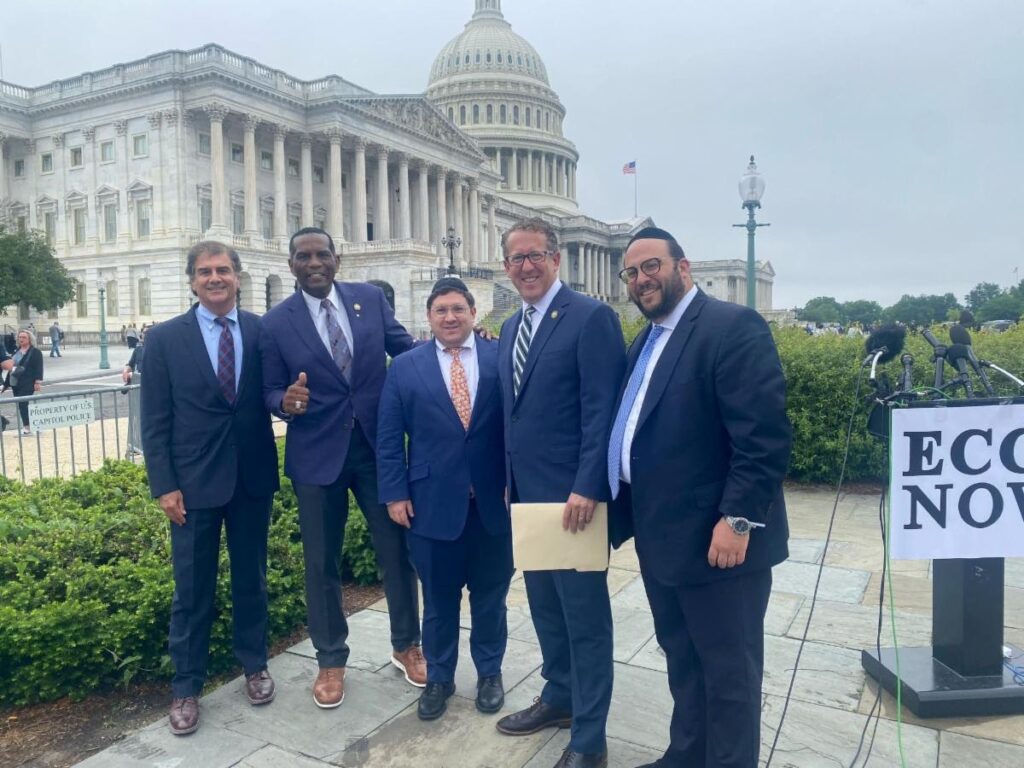A Republican plan to expand private school vouchers nationwide was dealt a major setback Friday when the Senate parliamentarian said the proposal would run afoul of procedural rules.
The years-in-the-making plan would have created a federal tax credit supporting scholarships to help families send their children to private schools or other options beyond their local public schools. But in an overnight announcement, the Senate parliamentarian advised against including the proposal in President Donald Trump’s tax cut and spending bill.
The school voucher provision was seen as a breakthrough victory for proponents who have been pushing the idea for years. A similar plan failed to gain support from Congress in 2019 when it was championed by Betsy DeVos, the education secretary during Trump’s first term. Campaigning for his second term, Trump again promised to deliver some form of “universal school choice.”
Under the reconciliation plan, donors who gave money or stock to K-12 scholarship programs would receive 100% of the contribution back in the form of a discount on their tax bills. It would allow stock holders to avoid paying taxes they would usually face if they donated or transferred their stock.
Nearly all families would qualify to receive scholarships except those making more than three times their area’s median income.
A House version of the bill allowed up to $5 billion in tax credits a year, running through 2029. The Senate version reduced it to $4 billion but included no end date.
Supporters said the proposal would expand education options for families across the country, offering alternatives to students in areas with lower-performing public schools.
Similar scholarship and voucher programs have proliferated in Republican-led states such as Texas, which recently passed a $1 billion program. States have increasingly offered vouchers to families beyond only the neediest ones, contributing to budget concerns as expenses rapidly pile up.
The Senate’s college endowment proposal sought to raise a tax on schools’ investment income, from 1.4% now to 4% or 8% depending on their wealth. It would apply only to colleges with endowments of at least $500,000 per student, and it excluded all religious institutions.
(AP)












2 Responses
The ruling was only is that it can not be included in bill that is supposed to be limited to appropriating money. The proposal requires setting up a new program, which needs to be in a separate bill.
Legally, the U.S. Senate can just ignore the opinion of the Senate Parliamentarian. His legal opinion is not binding. Unfortunately in this situation it is very rare that the senate chooses to not follow his opinion. Being that he got the job through the agreement of both the Senate Minority and Majority he doesn’t have enough enemies who are willing to challenge his view.